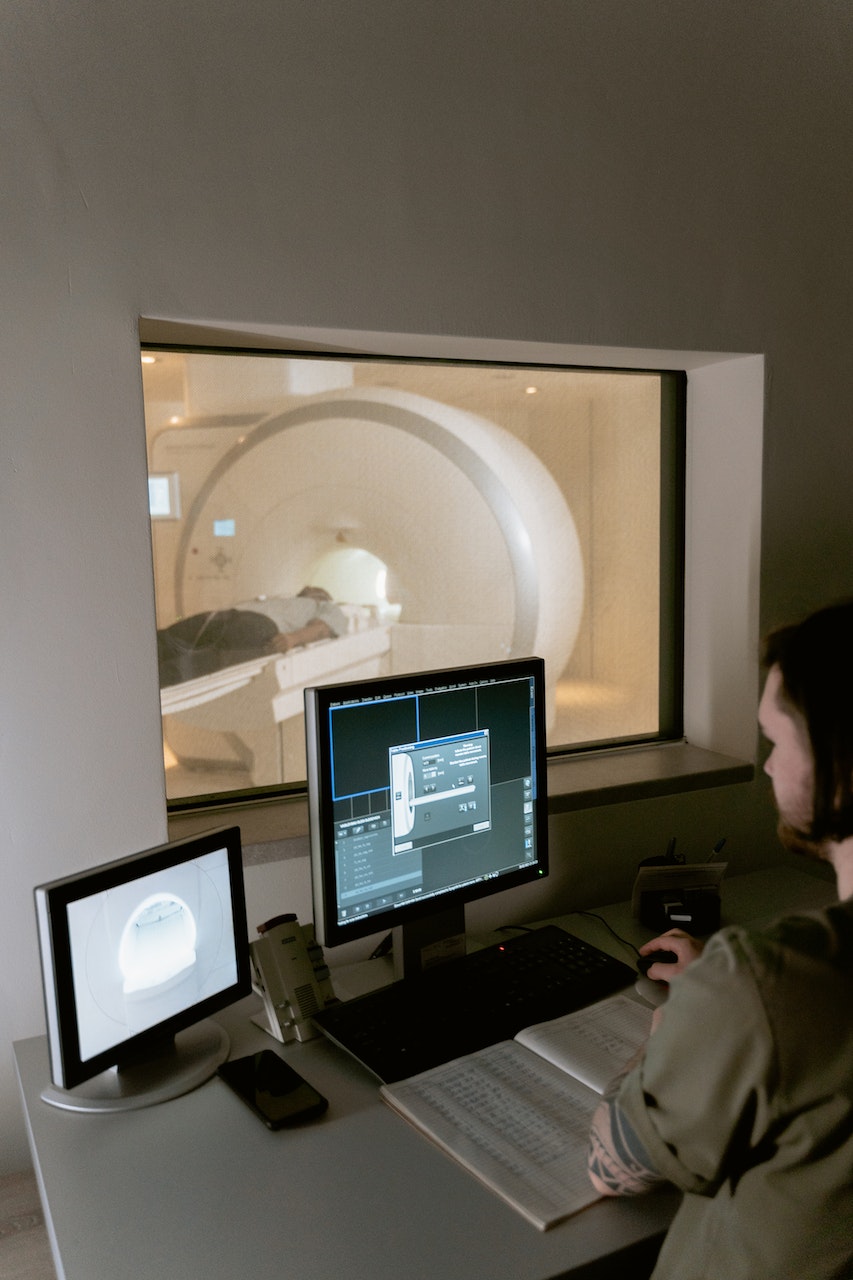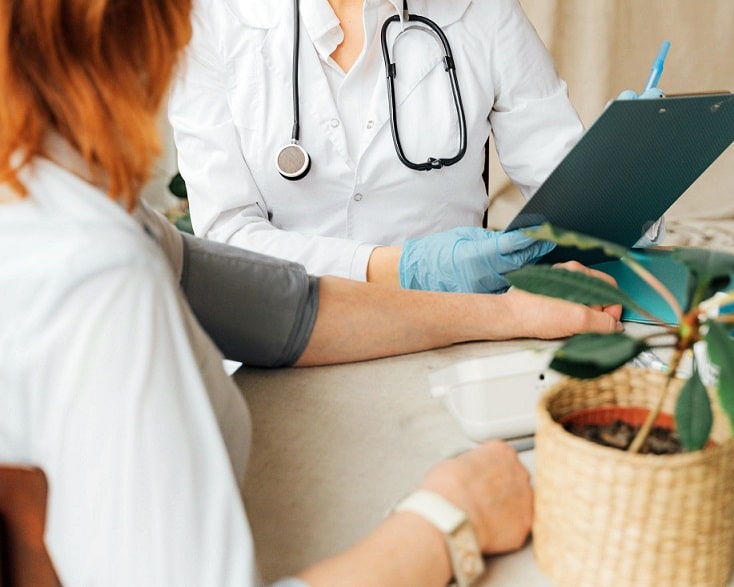School trips are an opportunity for children to take their education and learning beyond the classroom. School trips further extend a child’s learning and physical development often cementing topics that have previously been shown in the classroom. Research shows that school trips are an excellent way for engaging children in a topic and taking their studies and understanding to a higher level. However, with all the advantages to school trips we must also remember the disadvantages and the strict health and safety measures that must be implemented.

Every school trip no matter how short must be correctly assessed through a risk assessment process. This includes even minor trips that are taken through the normal process of a school day, for example a trip over to the local church must be assessed for risk in the same way as an exchange visit aboard.
It is a legal requirement that every school trip has a written risk assessment, outlining the trip and the possible risks involved. Schools have a duty of care to its students. Any activity or trip that the student’s part take in where there is an element of risk must have been assessed. The school must be able to show that they have considered every possible risk that your child may encounter and that all reasonable safety measures have been taken.
The school will also require parental or guardian consent to take your child on most school trips, however, not all. In situations where the children are taking a short trip which is a part of the classes routine and normal procedure consent will not be required. However, parents and guardians should be aware that their child will not be in school at that time.
For more extensive trips, written consent from parents and guardians will be required. Parents and guardians should be informed of the trips content in its entirety in order that they can give their full consent to their child partaking in the planned activities as well as raise any issues that they may have. Parents should also be made aware of the type of insurance cover the school has purchased in relation to the particular trip in question.
School trips should be well organised and supervised. The correct amount of teachers and supervisors to the ratio of the children differs and depends on a number of factors for example: the type of trip; age; gender and ability of pupils as well as any special needs the pupils may require – must all be considered and assessed in order to correctly supervise the trip and the pupils.
In a famous case where a young boy aged 4 was left brain damaged after contracting E-coli on a school trip to a farm. He was awarded 2.6 million in compensation when the farm and the council admitted that they were 95% to blame for the boys injuries, which has now left him requiring 24 hour care.
It was found that this was actually the third case of E-coli at the farm within months of each other. The infection was traced back to a goat, and it was confirmed that the farm should have been closed to visitors when they first learnt of the E-coli infection. This case has now led to farm trips for children under the age of five being abolished.












